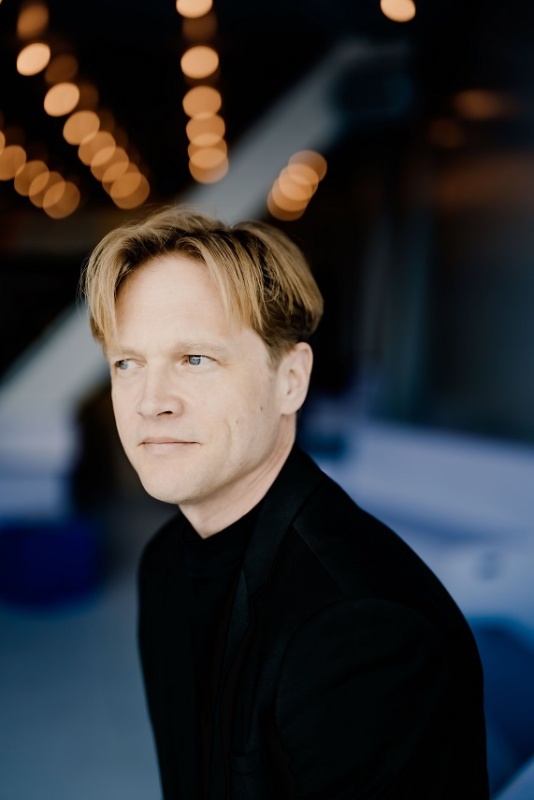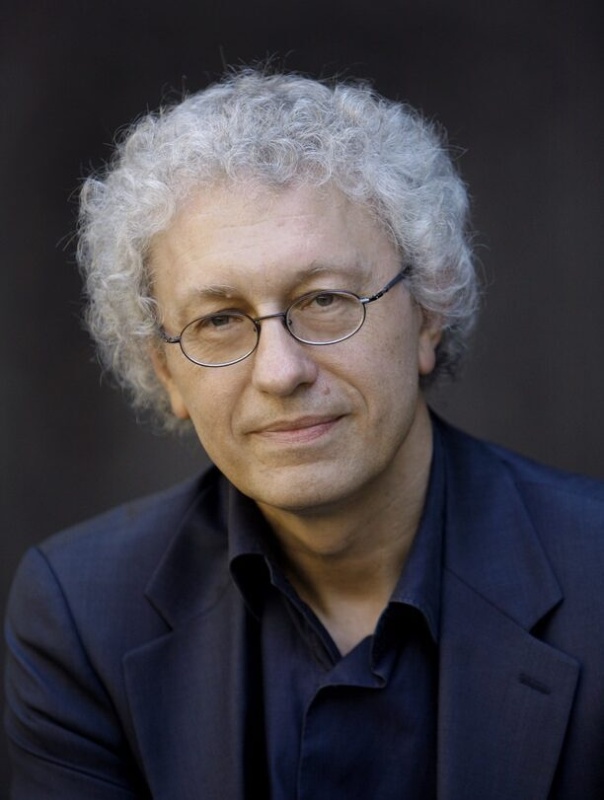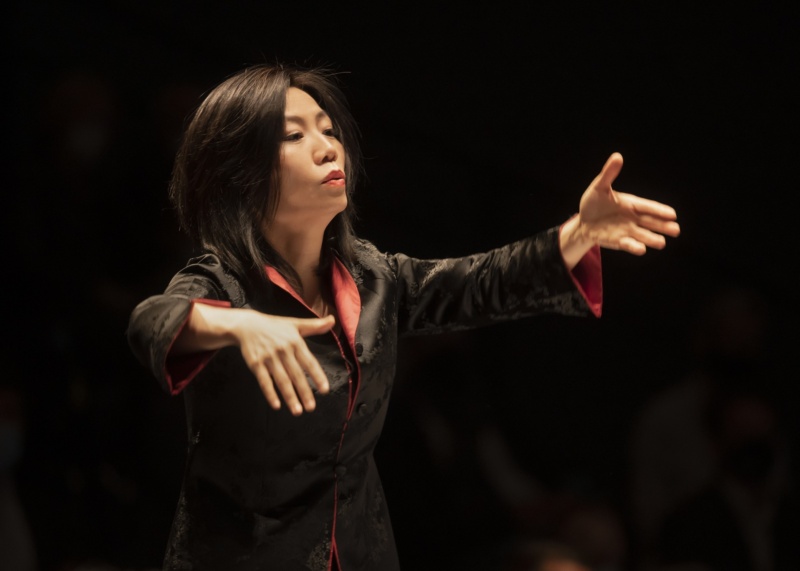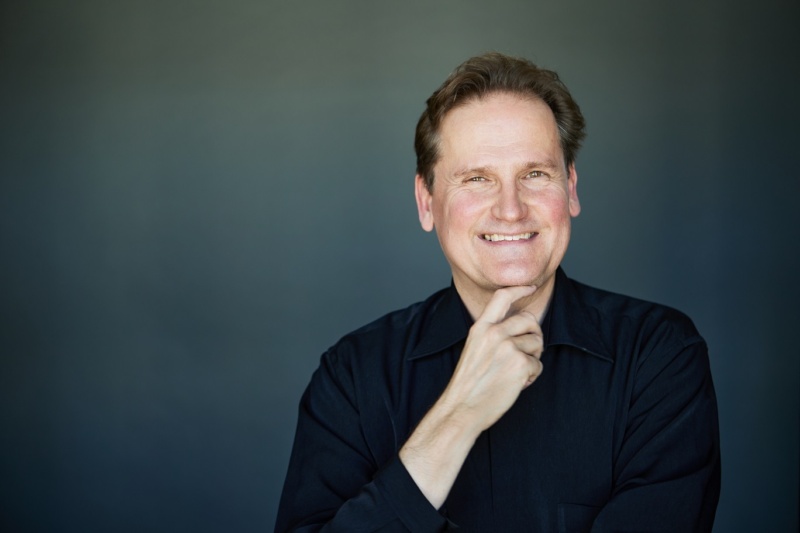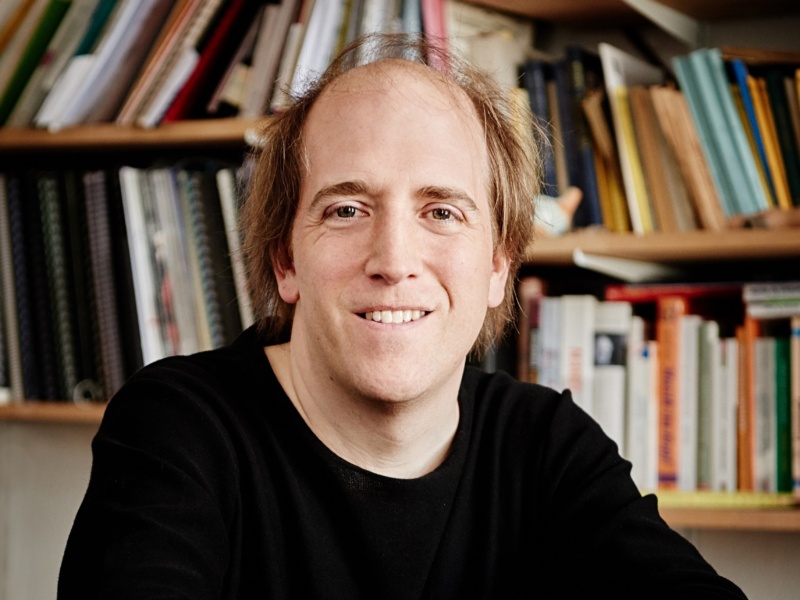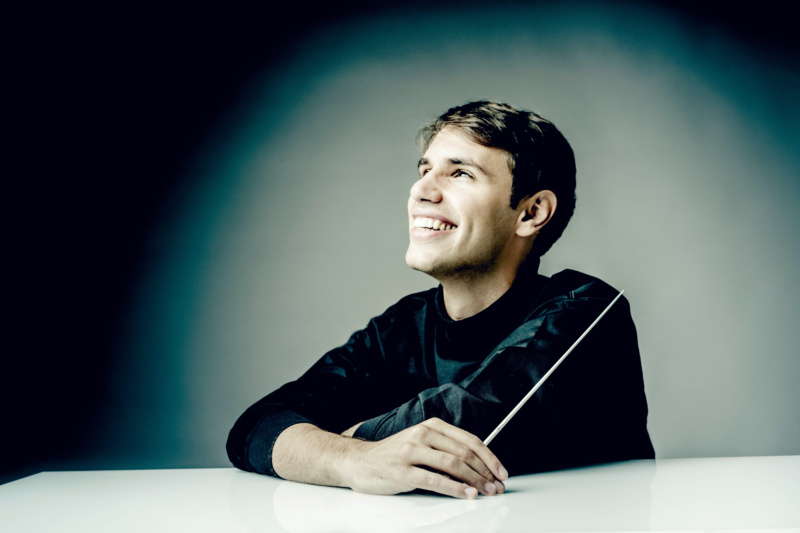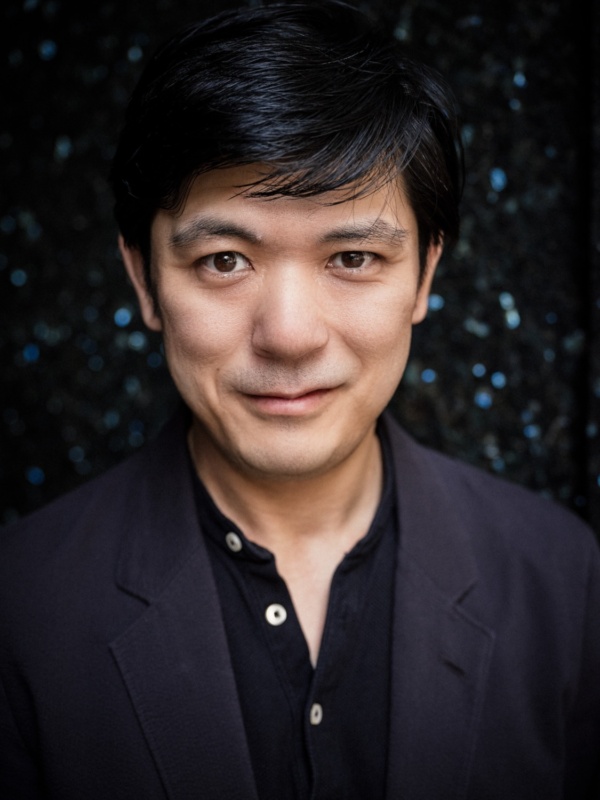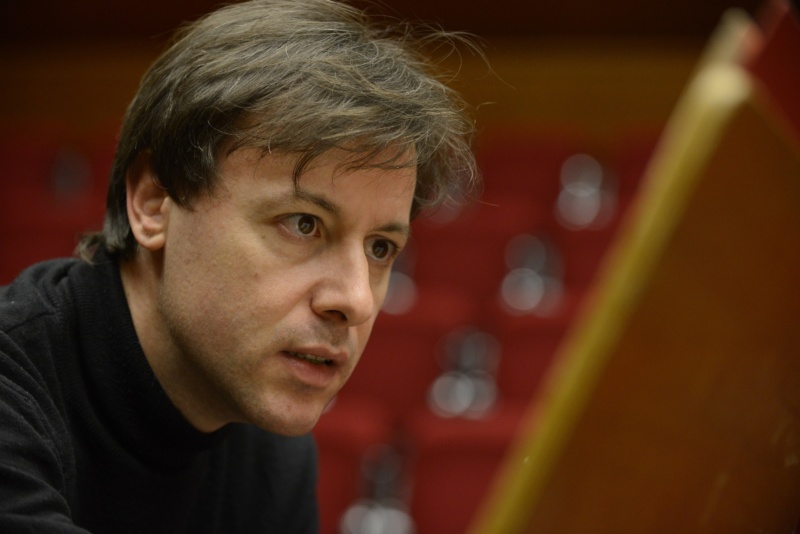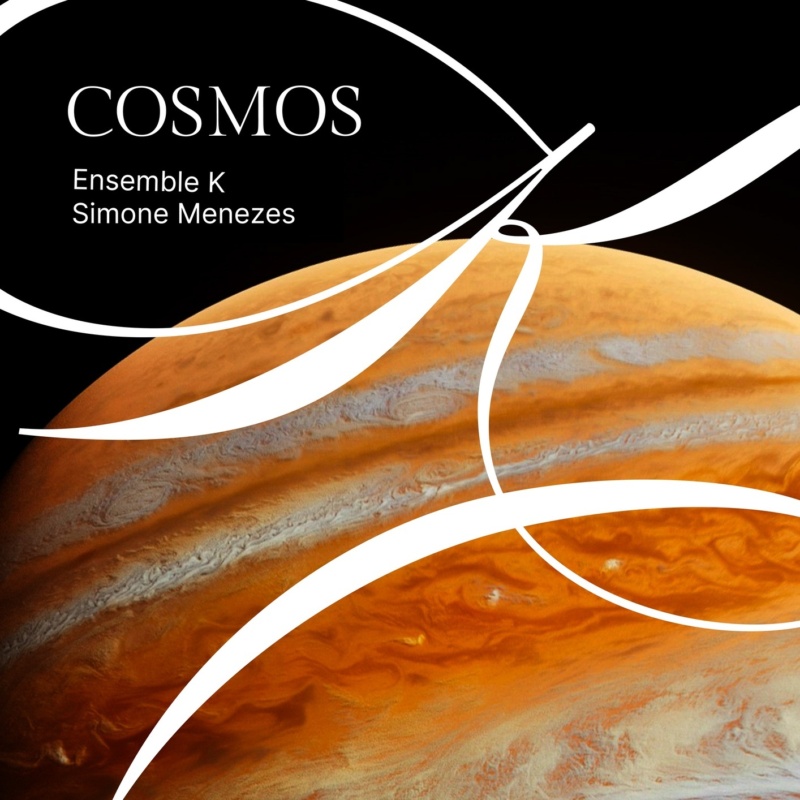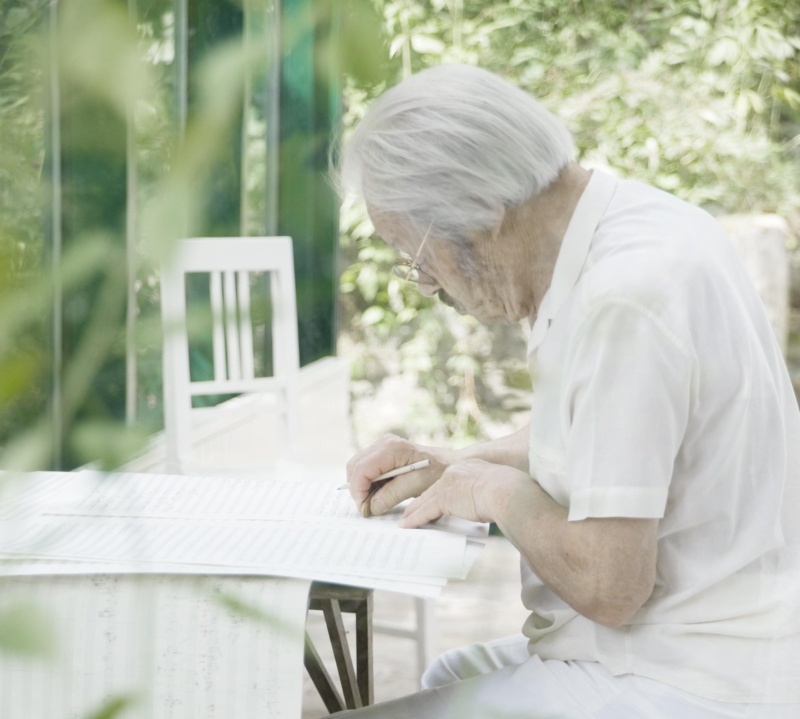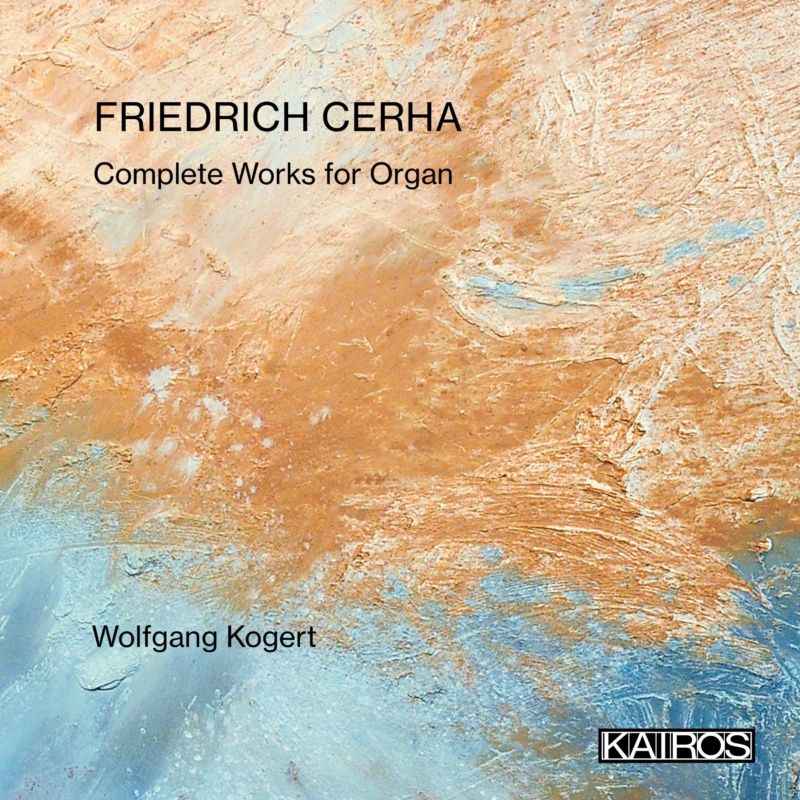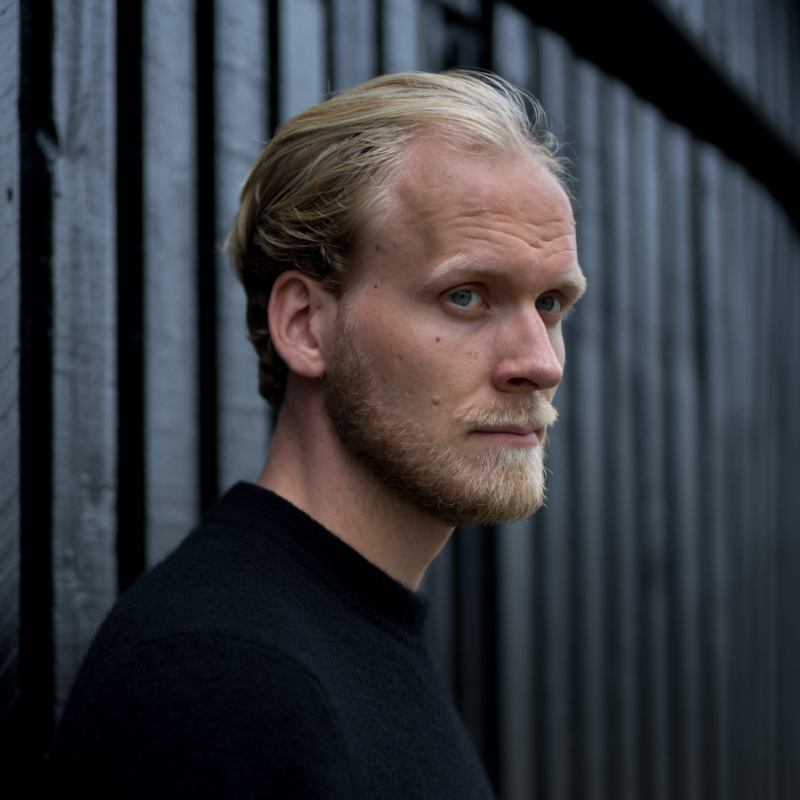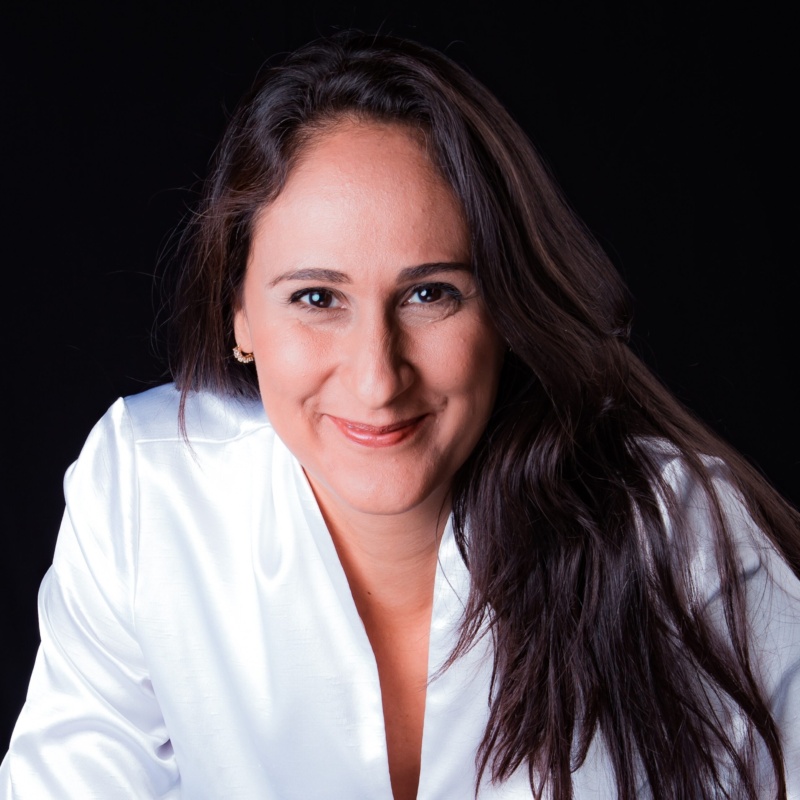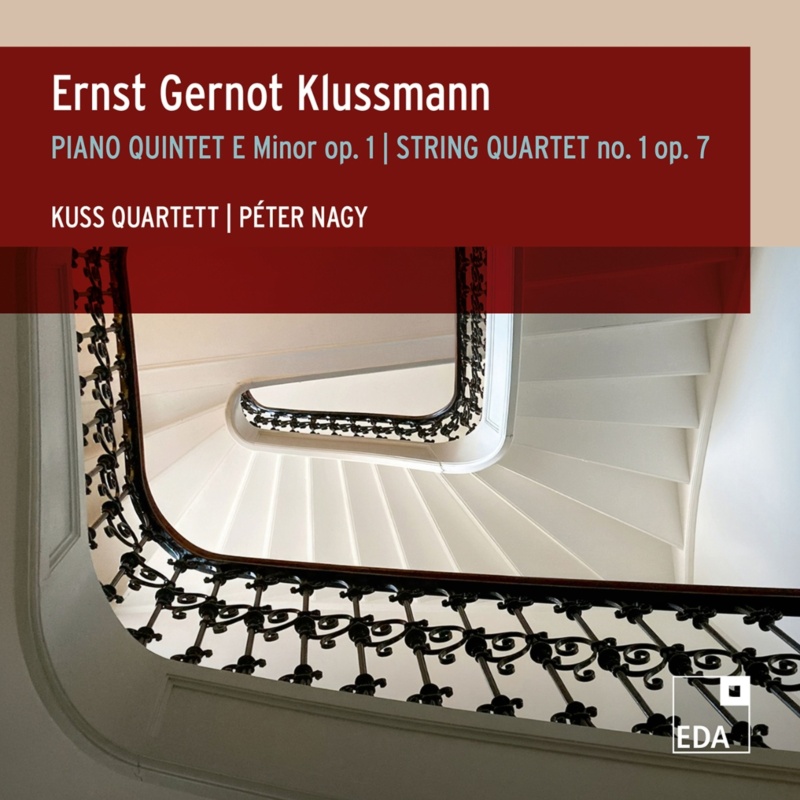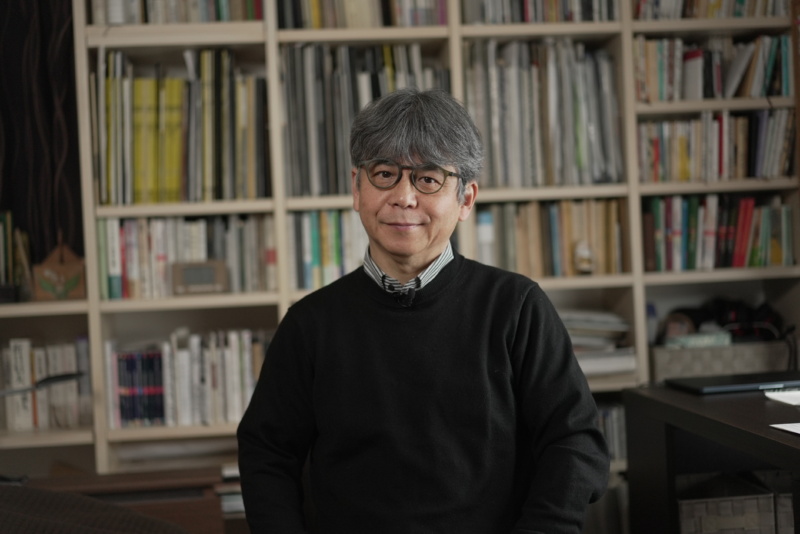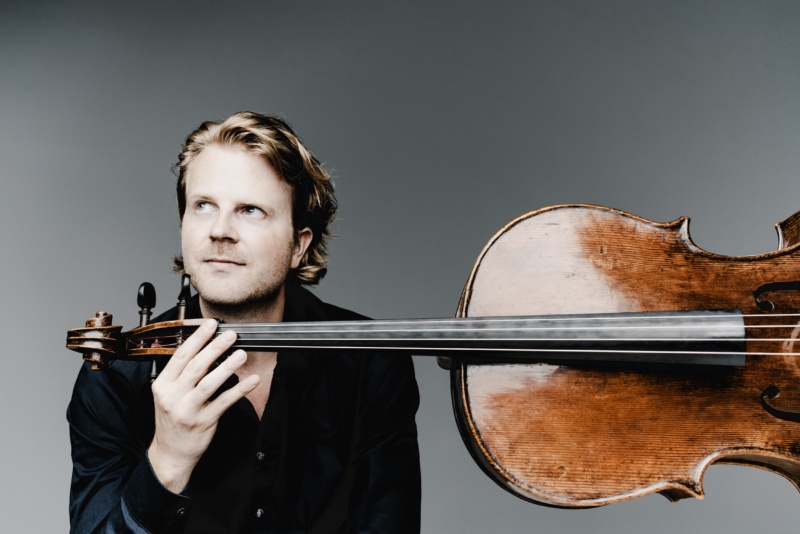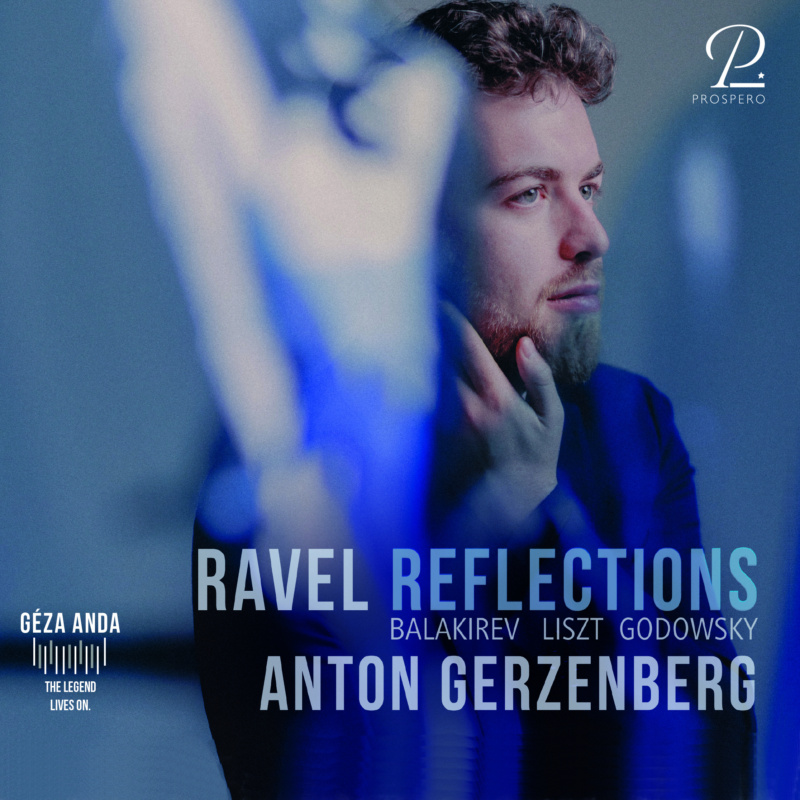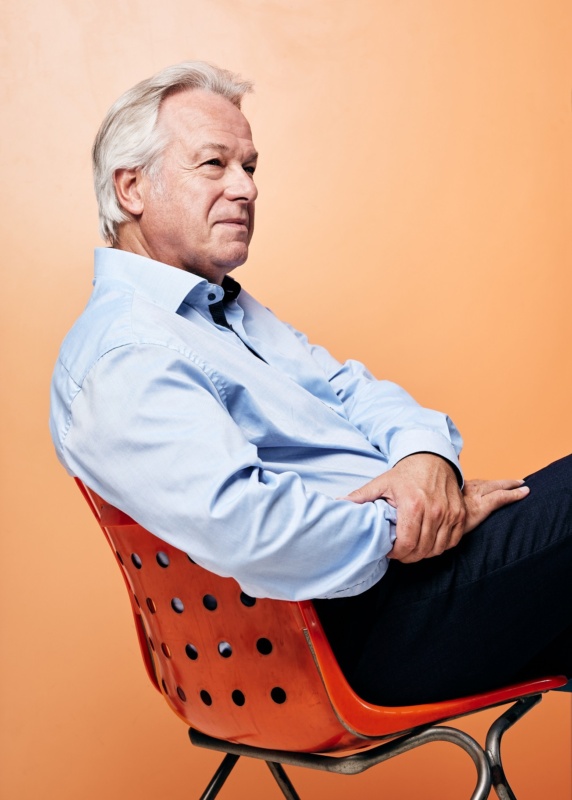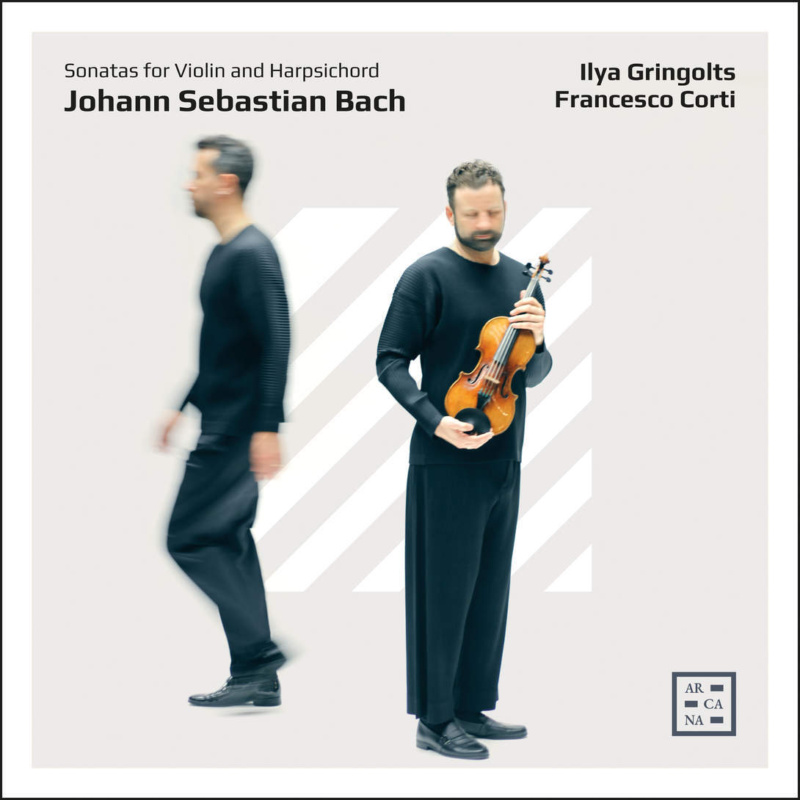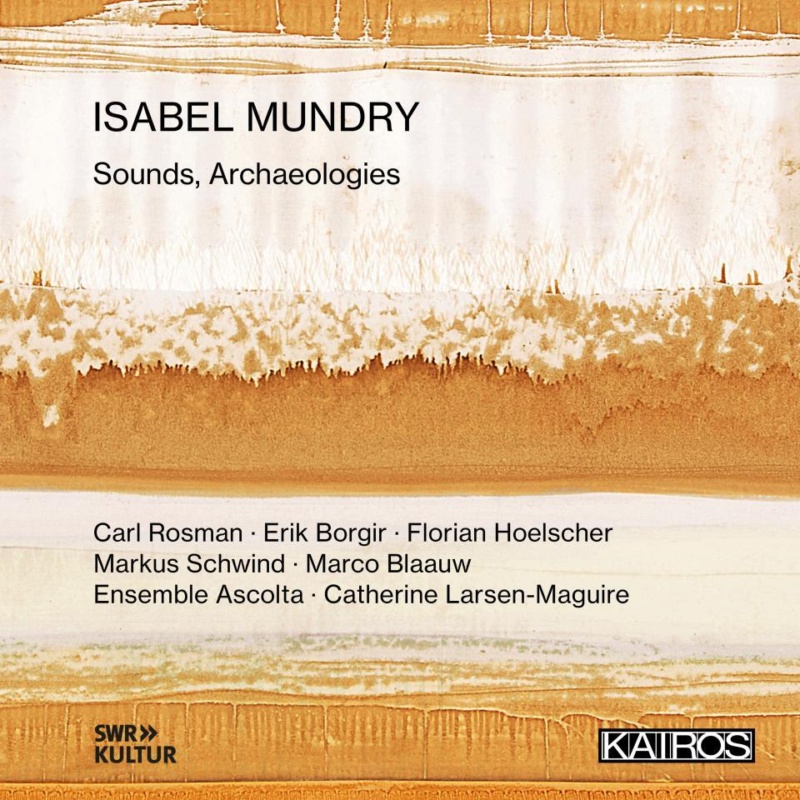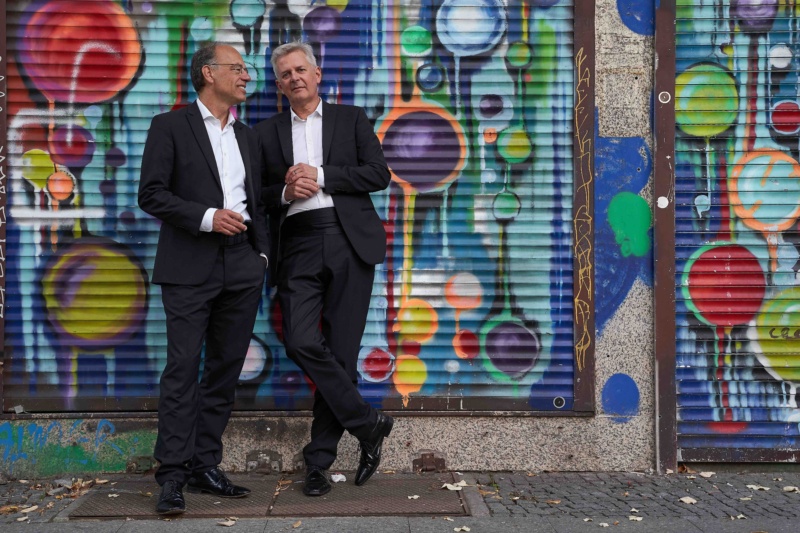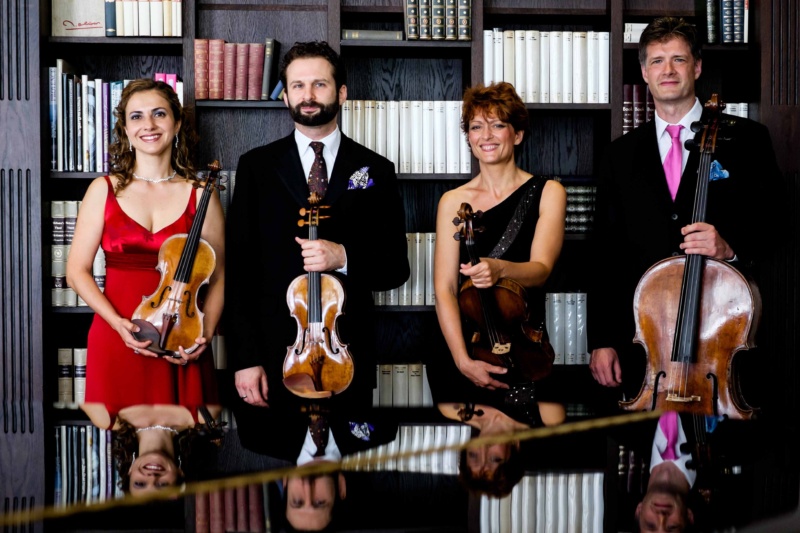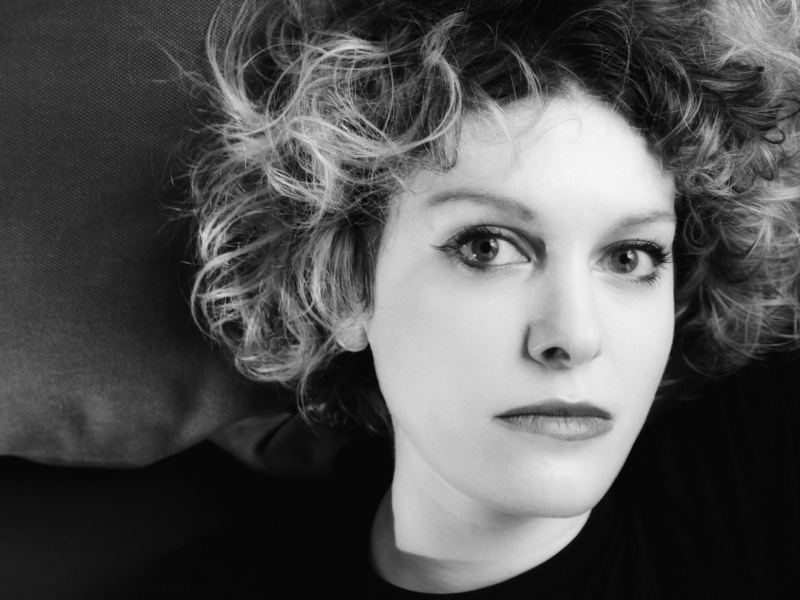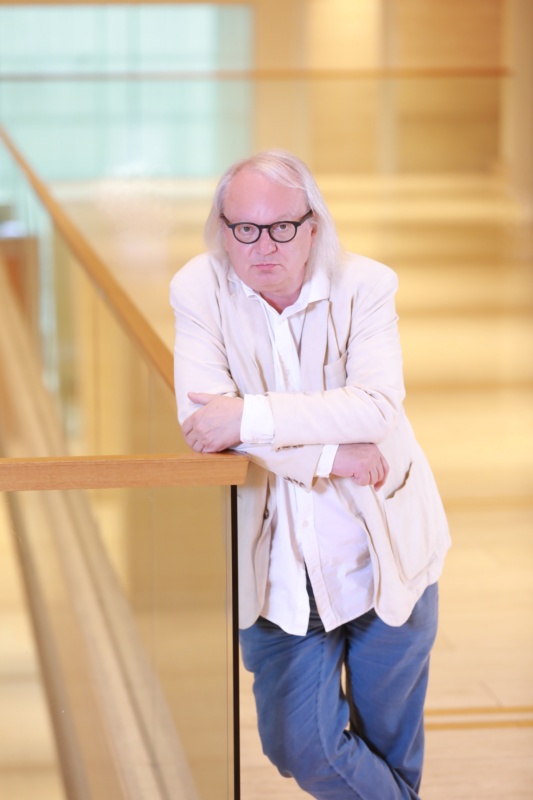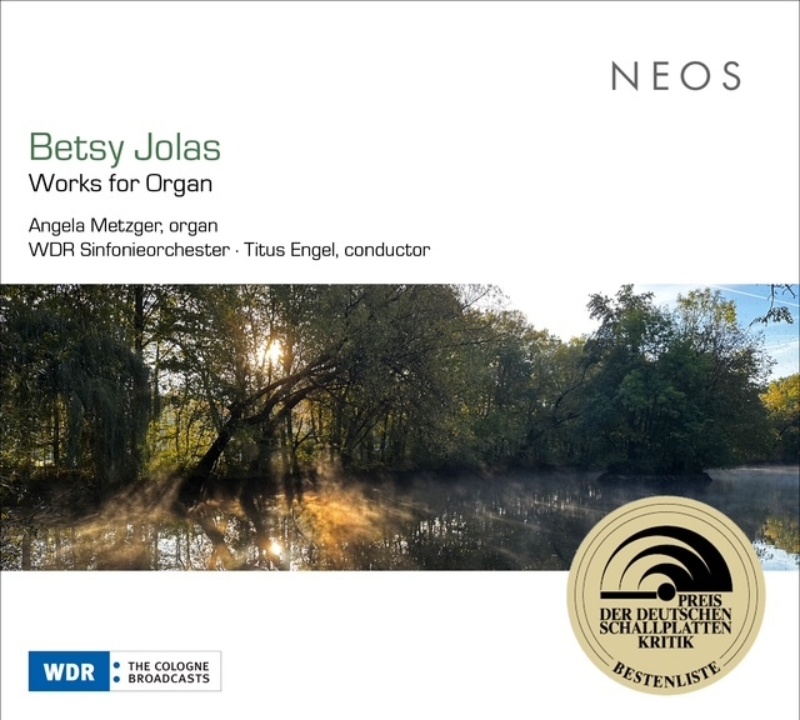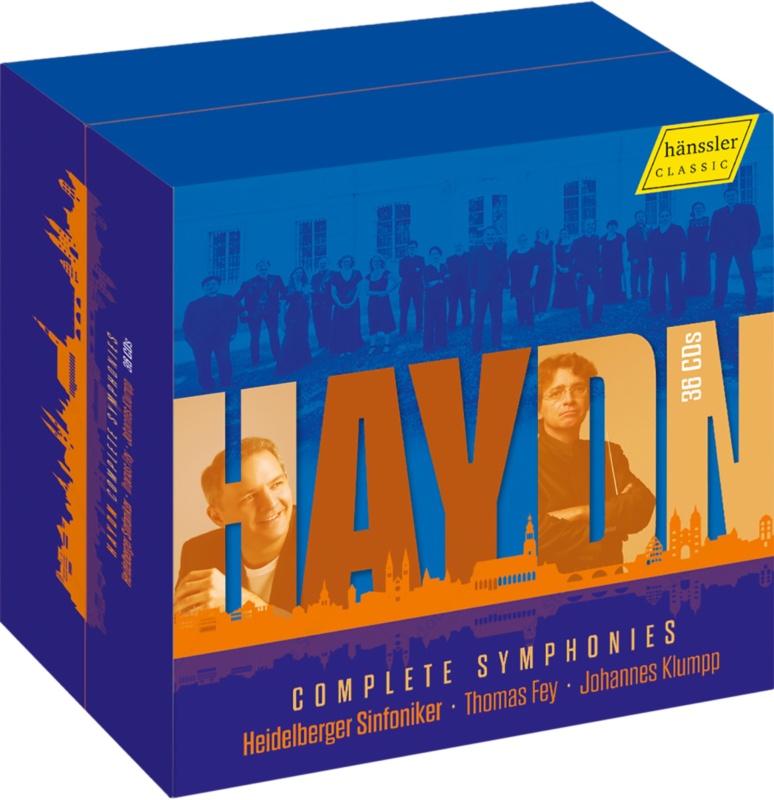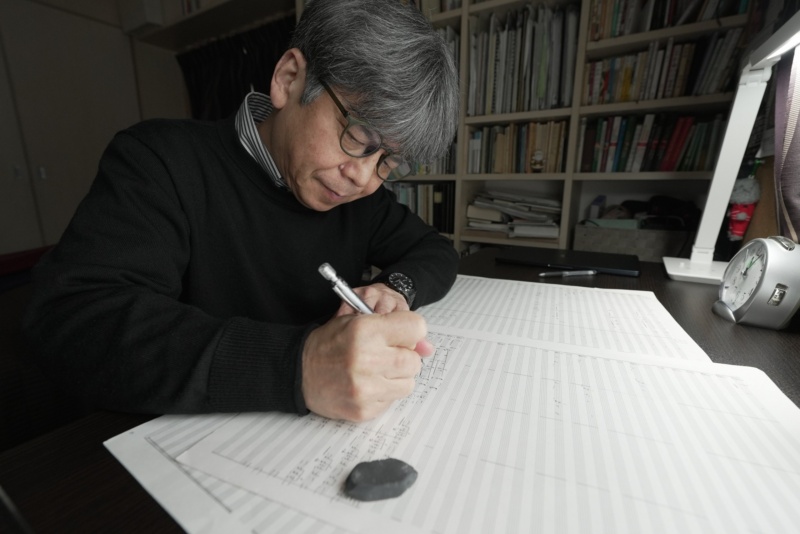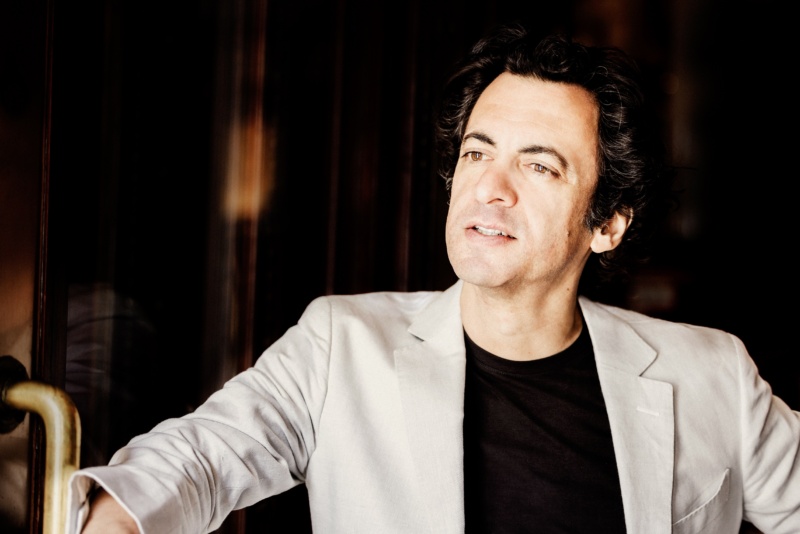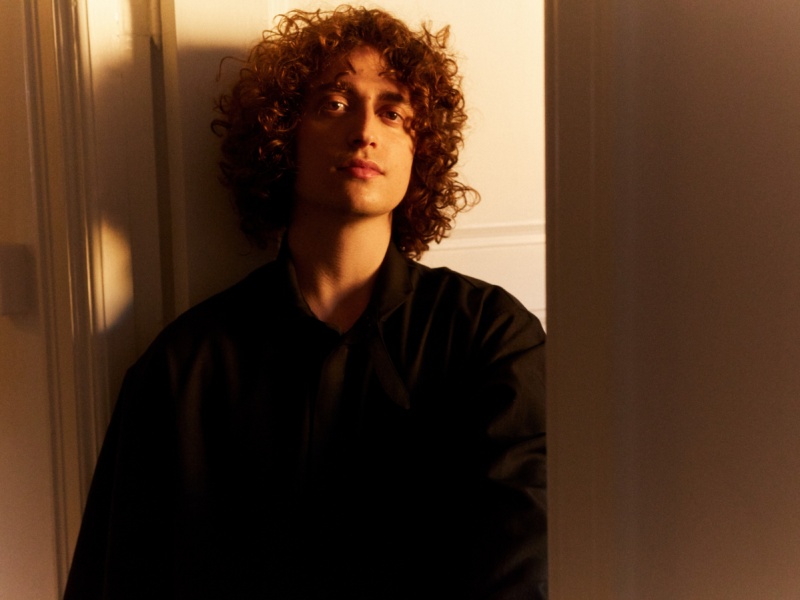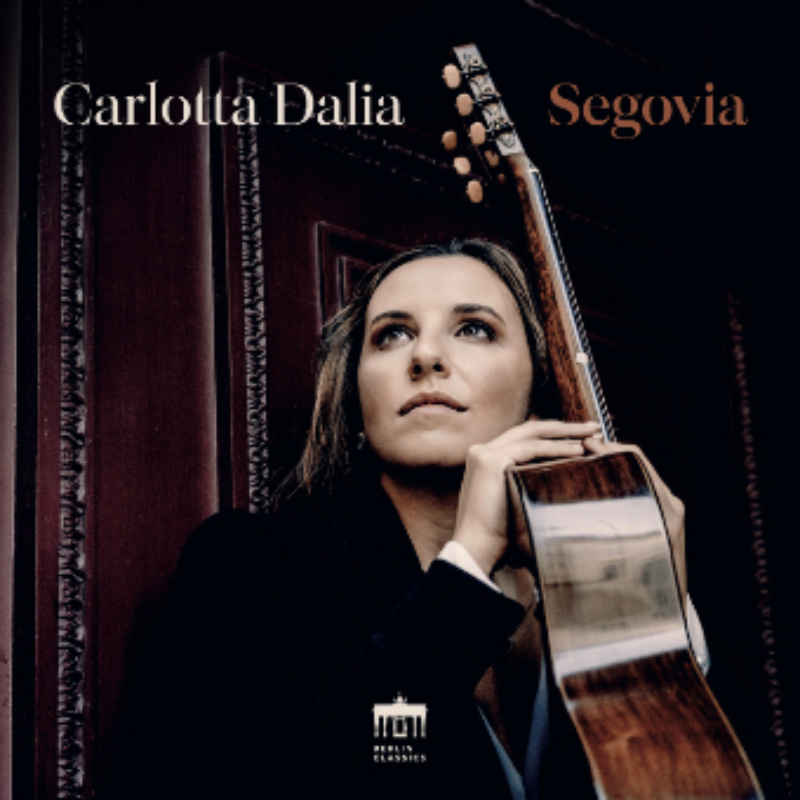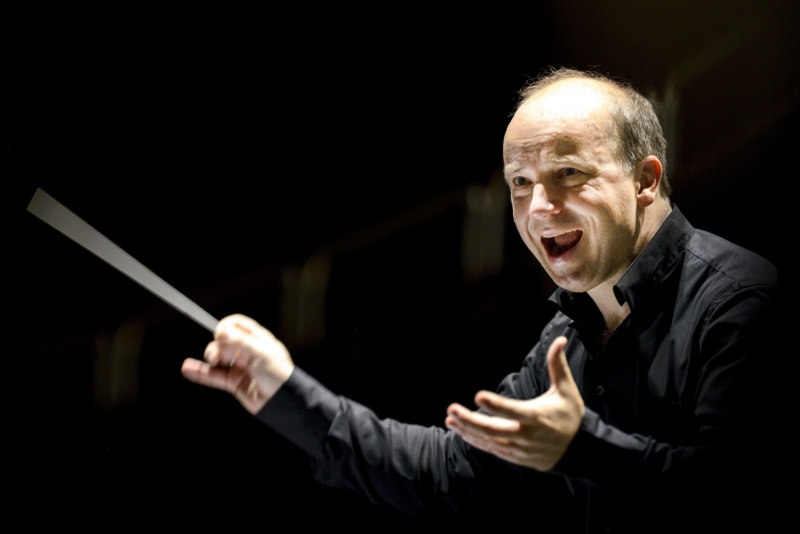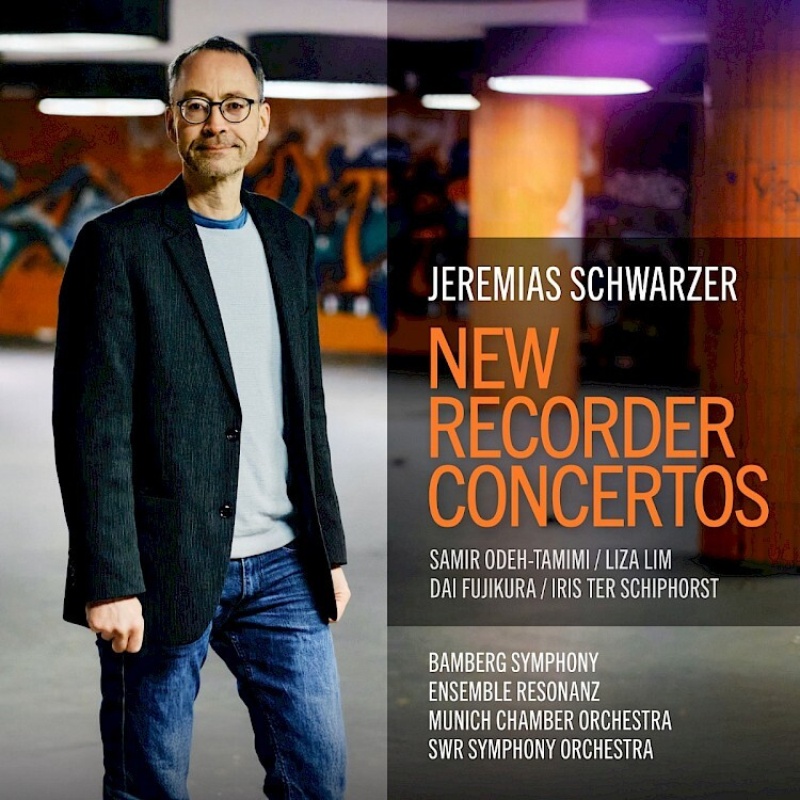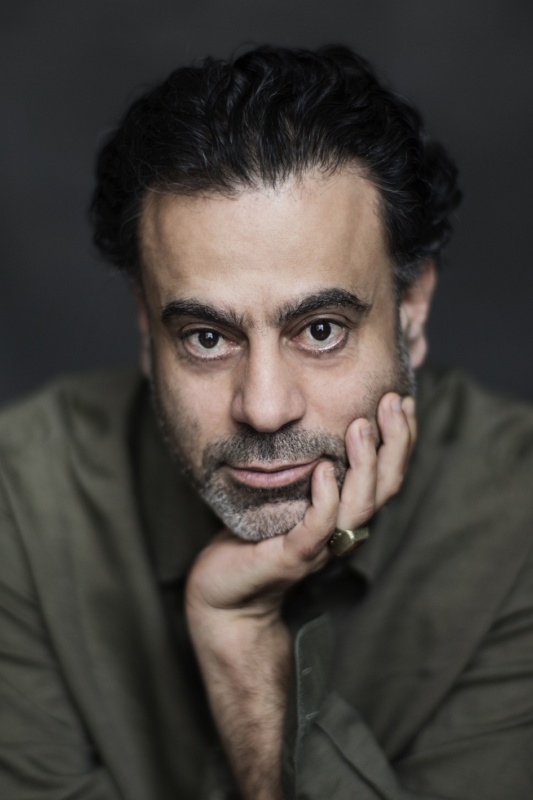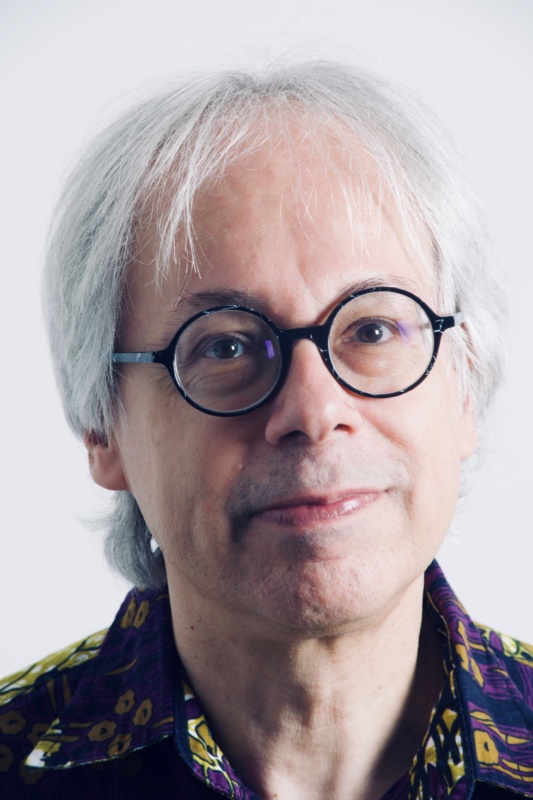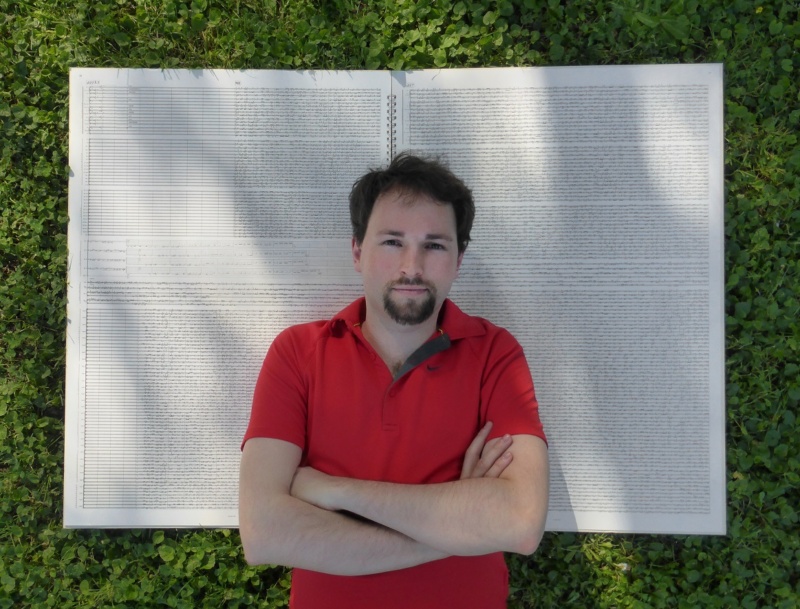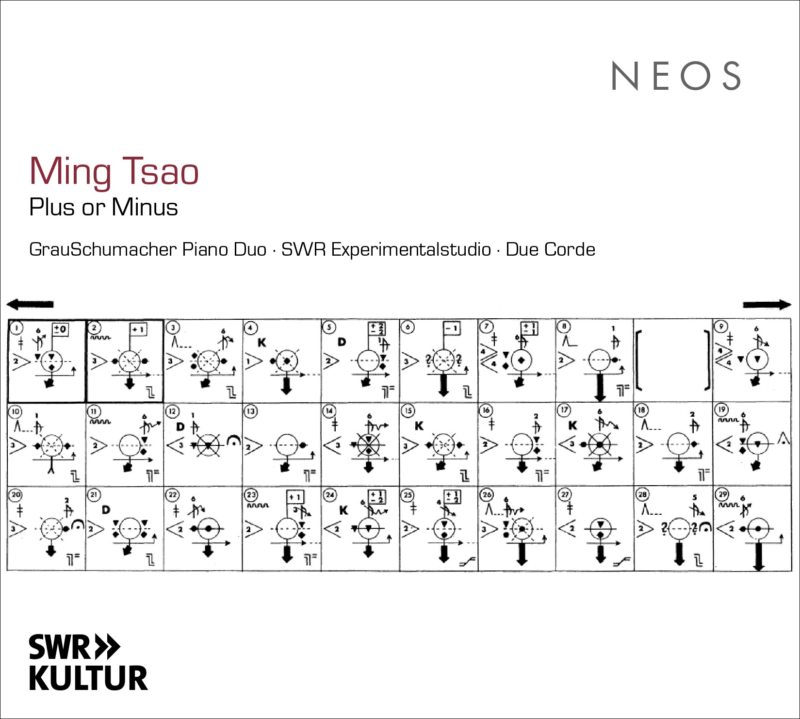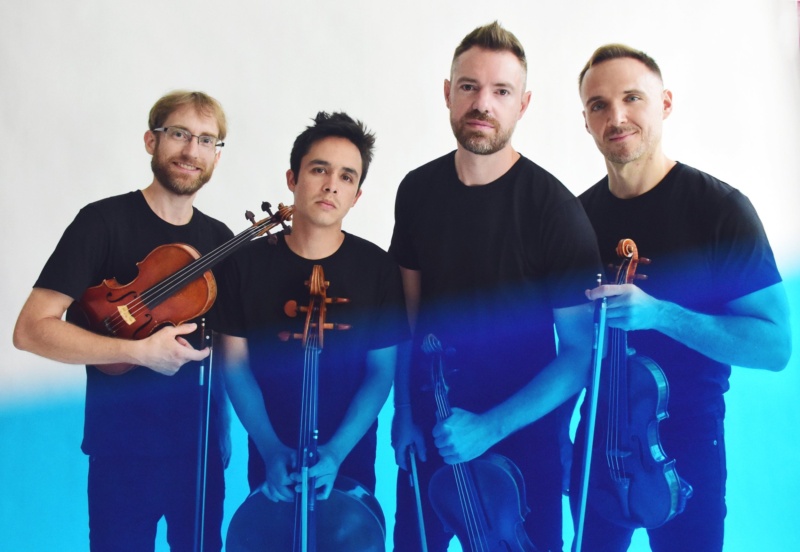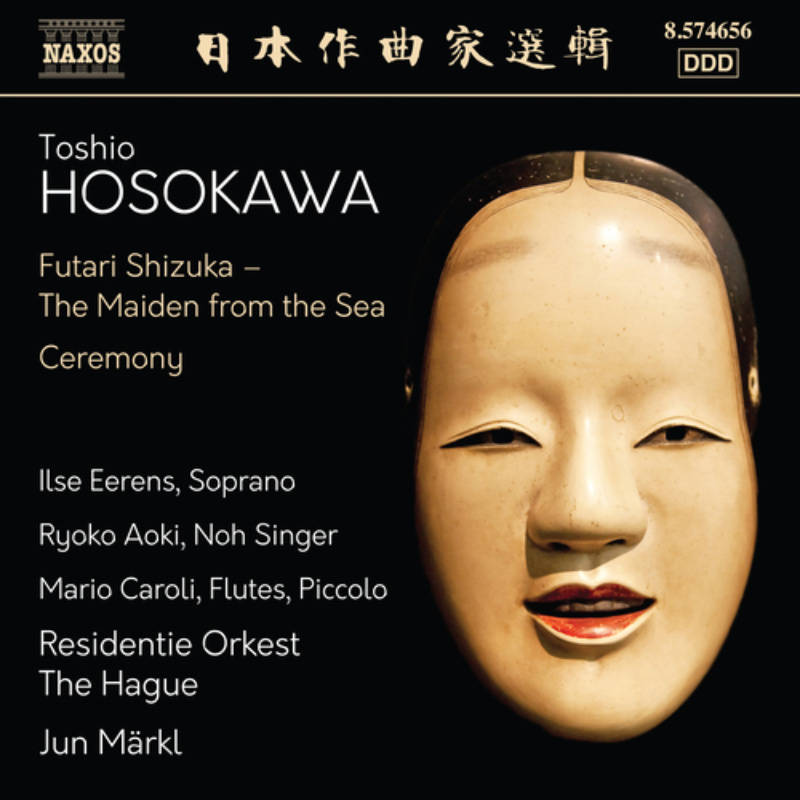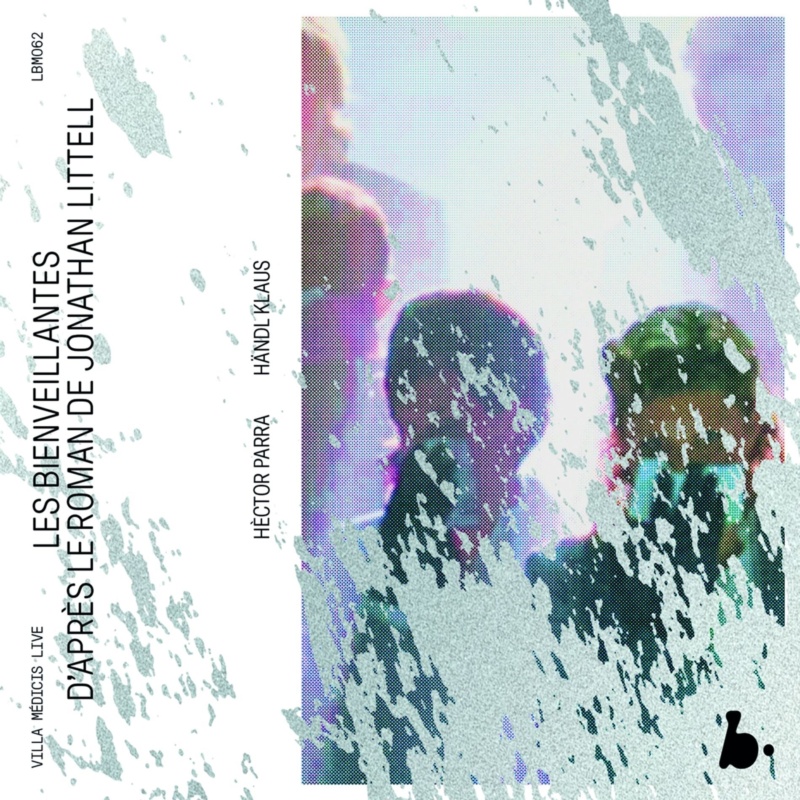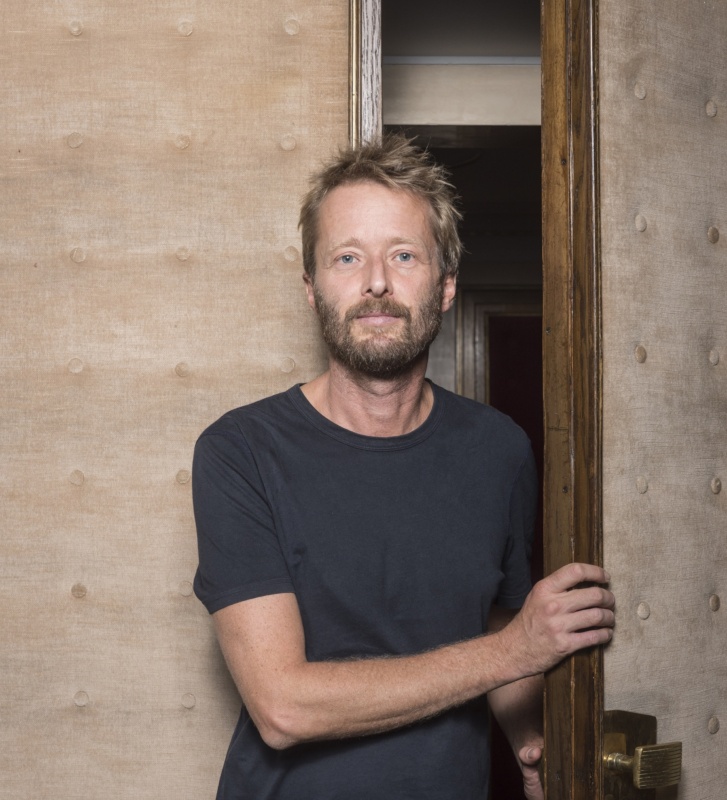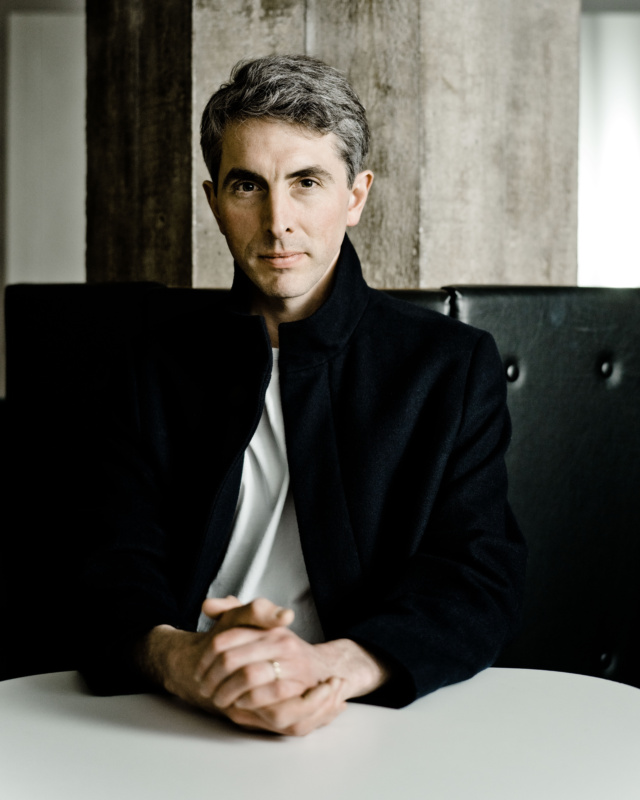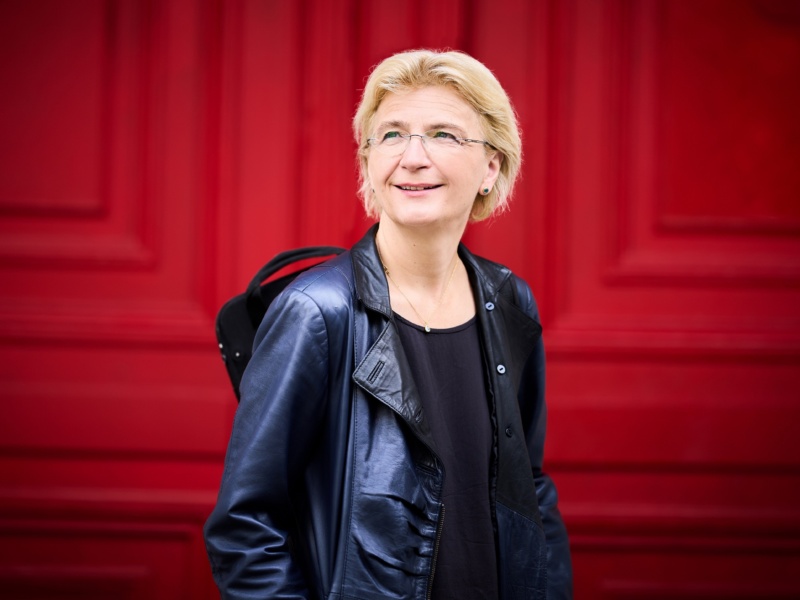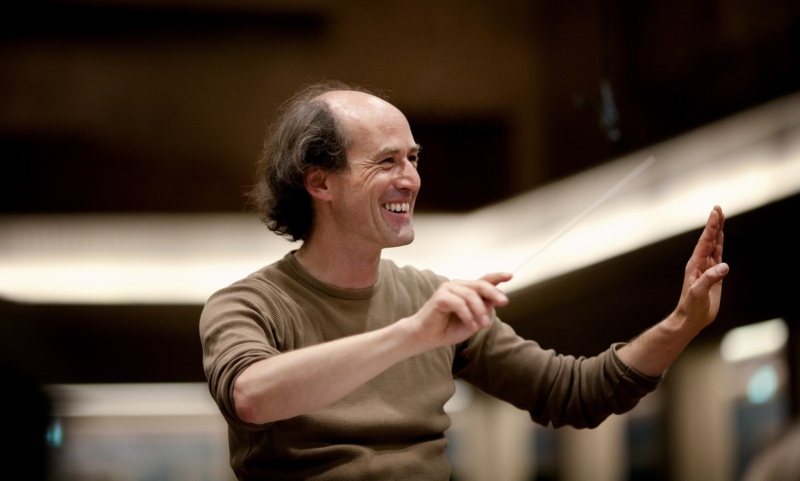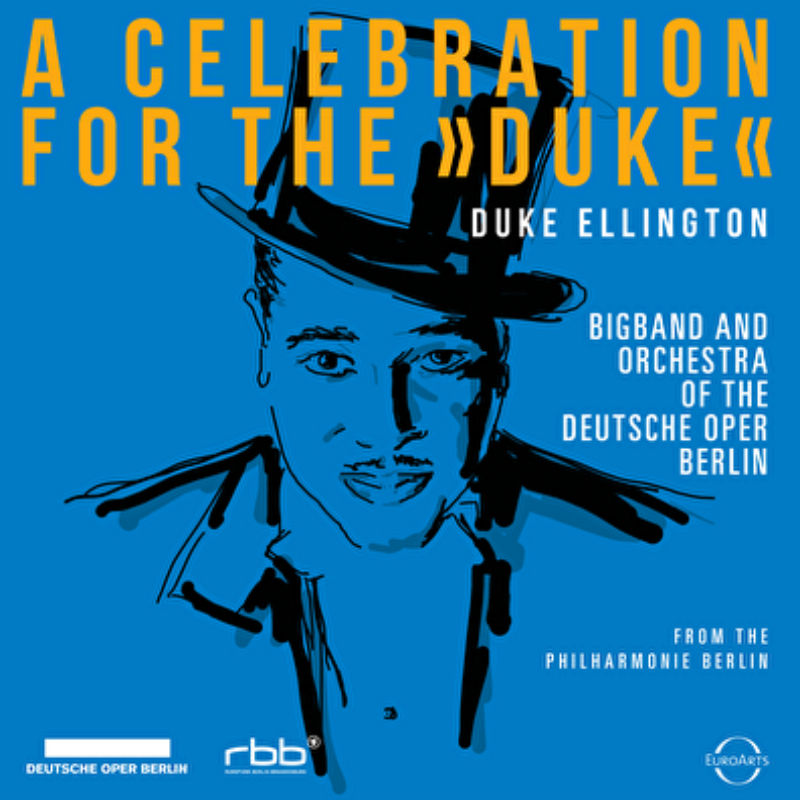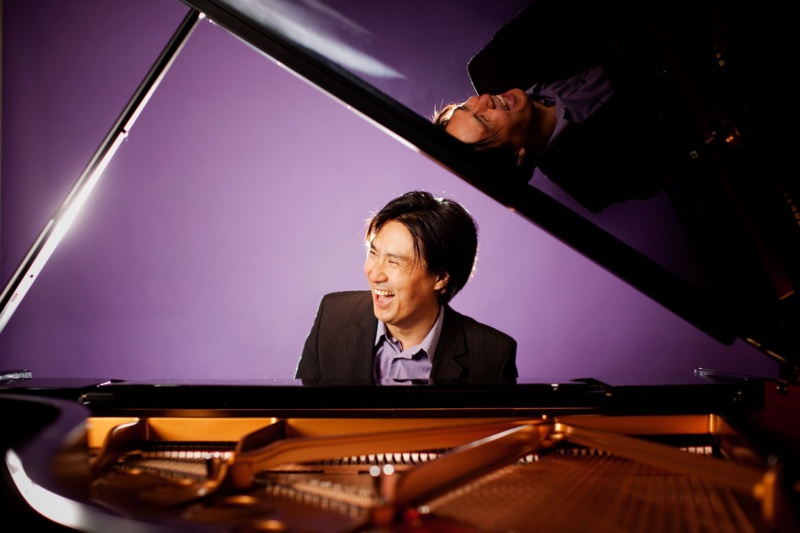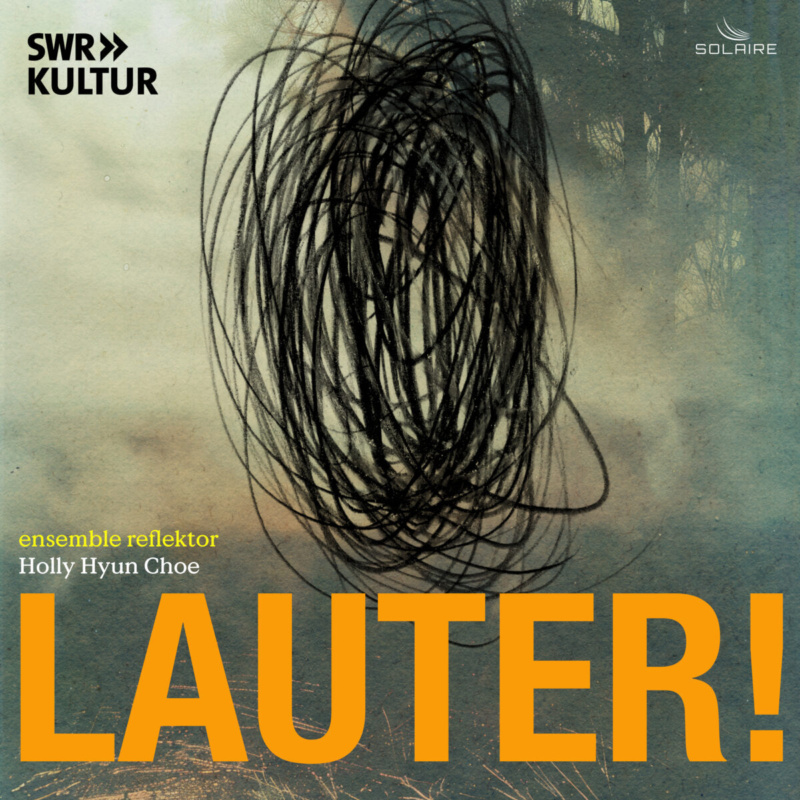There are few contemporary composers whose operas are as firmly anchored in the repertoire of major opera houses as Toshio Hosokawa's. His second opera Hanjo from 2004 alone has now had 20 new productions, and in the last decade Stilles Meer (2016), Futari Shizuka (2017) and Erdbeben. Träume (2018) have enjoyed great success.
The world premiere of his new opera Natasha, which will be staged by Christian Räth at the New National Theatre in August under the direction of Kazushi Ono with the Tokyo Philharmonic Orchestra, is therefore eagerly awaited; the multilingual libretto was written by Yoko Tawada. Toshio Hosokawa previously collaborated with the Berlin-based Japanese writer for his musical fairy tale Deine Freunde aus der Ferne, which premiered in 2021.
Before the premiere, we are publishing an excerpt from Toshio Hosokawa's work notes, in which he talks about his creative process.
Composer's Notes for the Opera Natasha
by Toshio Hosokawa
In the script of Natasha by Yoko Tawada, two displaced youths, Natasha and Arato, reach the primordial ocean without knowing each other. Both have lost everything, including their home, and they stand quietly in front of the ocean listening to the voice of the sea. Arato’s first song “Great woman floating in the distance”, “Mother, you are so faraway that I cannot hold you”, calls to the mother he lost. Natasha replies with incomprehensible words of a dream in Ukrainian and German. They do not understand each other’s words but to Arato, Natasha’s “words captivate one’s heart”. Natasha listens to the words of the ocean and gradually realizes that she is a shaman with the ability to translate its voice.
From the shore, the two are led by Mephisto’s grandson and embark on a journey through the seven hells of our time, just like Tamino and Pamina undergo several ordeals. My opera Matsukaze, which was performed at the New National Theatre Tokyo, is also about two women (ghosts), Matsukaze and Murasame who sing about their past sorrow at the seashore. Matsukaze and Murasame, who try to let go of their obsessions by singing and dancing, are shamans who connect this world and the afterlife. The seashore is the entrance to infinity and a musician is a shaman to me. The music that is born there is a “hashigakari" (corridor connecting the backstage to the stage in Noh theatre) to the other world. It is a “passage”, a “tunnel of sound”. I wanted for the music of the opera Natasha to be a “tunnel of sound” that connects this world with the alternate universe. I want for the listener to go through the tunnel that the sustained sound creates and enter a different world.
In 2005, I composed the orchestral piece Circulating Ocean. In this piece, sound is the metaphor of water. The background story is that the water of the ocean evaporates and rises to the sky where it becomes a cloud. It falls to the ground as rain, forms a river and returns to the ocean. As I listened to this piece repeatedly, I started thinking that this “ocean” was not an outside ocean but rather an “ocean of sound” that spreads deep inside my soul. Everyone has this inner “ocean of sound”. That ocean is vast and deep. There are no East-West boundaries or frontiers. Words are born from the flow and wave motion of the ocean and they create songs. This might be what is called collective unconscious in psychology or alaya-vijnana in Buddhism. People feel that wave motion and express the language, songs, music of the different cultures they grow under. However, those different languages, are they not connected at the deepest level? Based on this thought, the language of opera is not one, thus a “multi-lingual opera” is possible. Is it not possible to sing in different languages at the same time, assimilating them and harmonizing them? By doing so, is it not possible to represent the world we live in in a more realistic way?
While I was composing this opera, I always envisioned the grand “ocean of sound” that hides deep in the hearts of people. I would throw the words of Yoko Tawada into that ocean to pull them out from the chaos to create “songs”. The process was not composing the music myself, but rather listening closely to the “resonance from the ocean” and write it down on music sheets. I am merely a medium. That was my approach in composing Natasha.
Kazushi Ohno entrusted me with a commission for the New National Theatre Tokyo in July 2019. We started looking for a script and we decided to ask Yoko Tawada in April 2021. Kazushi and I drew the first idea, we exchanged several opinions and Yoko’s script was completed in March 2023. After we exchanged additional opinions and revised the script, I started composing in January 2024. I completed the score one year and three months later in April 2025. Meanwhile, we lived through Covid, conflicts in Ukraine and Gaza erupted plunging our world into further chaos.
The production of natural sounds and electronic sounds, as well as the acoustic design were created by the acoustic artist Sumihisa Arima. I dedicate the opera Natasha to Kazushi Ohno, who showed a deep passion for the creation of the opera and led us throughout the whole creative process.
Toshio Hosokawa
